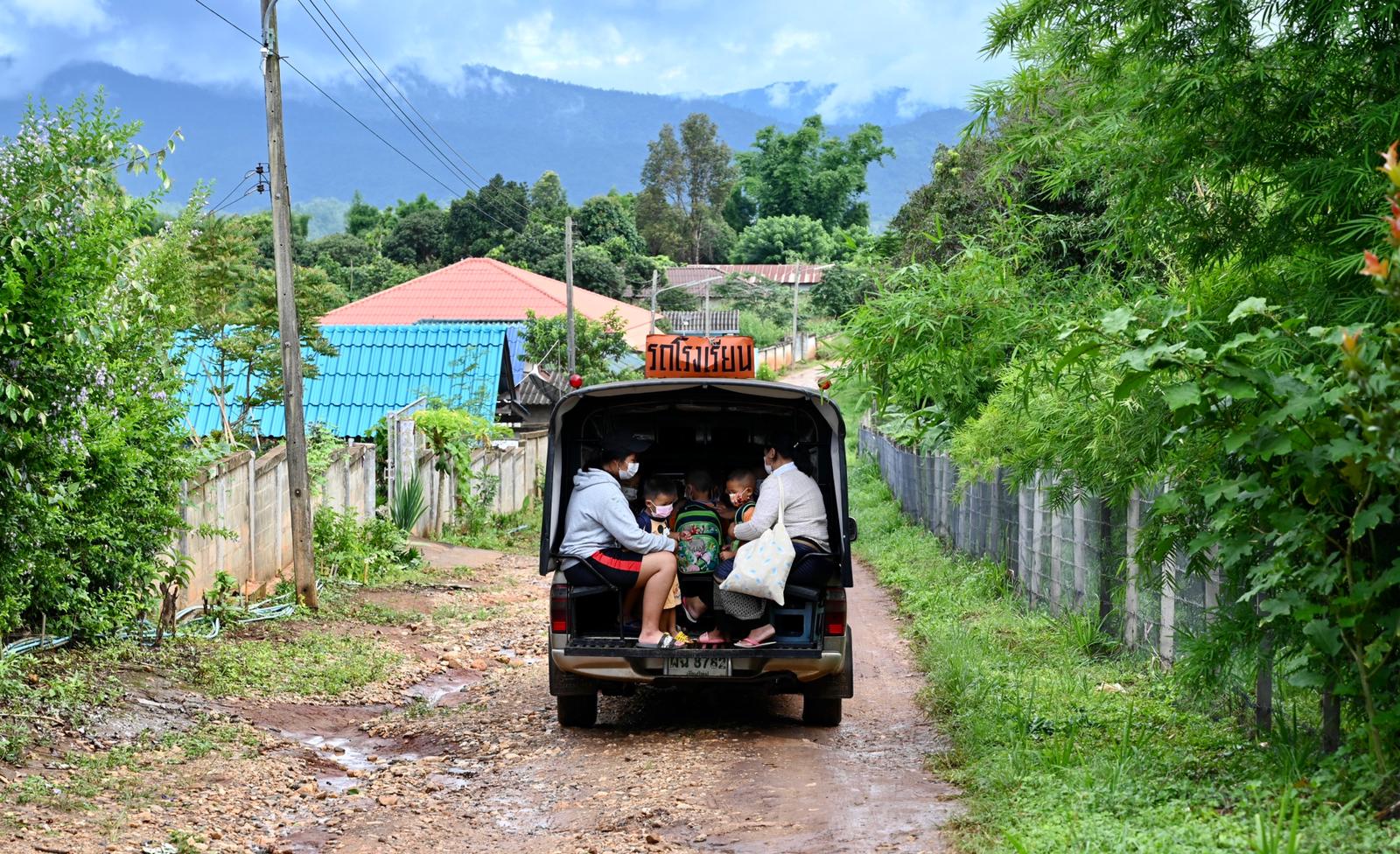The countdown begins.
One hundred days from now, an election will take place in war-torn Myanmar.
I say ‘election’. It is not a proper election. More like a dog and pony show. An elaborate theatre organised by men in military uniform who have no interest in sharing power.
Everyone knows the election is a sham. You know it. I know it. Donald Trump knows it too. Officially speaking, his team maintains the position that Myanmar’s military has no right to rule.
So why worry?
U.S. foreign policy is in flux. Trump looks at a map of Southeast Asia and thinks ‘America First’. His impulse is realpolitik. Material. Transactional. He wants short term wins – tangible economic benefits – to boost prosperity at home.
Compared to his predecessors, President Trump is not interested in spreading democracy abroad, and much less enthusiastic about imposing Western values on other nations or getting bogged down in their affairs.
What does America First mean for Myanmar?
Trump is unlikely to obstruct the sham elections. Quite possibly, he will negotiate with whoever triumphs in the polls, even when the ballot is rigged.
The U.S. would never formally endorse the military’s legitimacy, but it is conceivable that Washington might open dialogue with top-ranking generals. Some kind of quiet arrangement that prioritises access to resources and a counterbalance to China.
Behind-the-scenes talks would focus on two things: (1) The seaports of the Indian Ocean and the Bay of Bengal, crucial for trade; (2) Myanmar’s huge reserves of rare earth minerals, crucial for producing missiles and fighter jets. Both are ‘must wins’ from an America First perspective.
At what cost?
Tacit recognition of the military would undermine years of international effort to support a democratic future in Myanmar. Corrupt officials would tighten their grip on power, with a green light to carry on killings with impunity.
The people of Myanmar, after years of oppression, would be devastated. Political prisoners would remain behind bars. Independent journalists would be further silenced. An embattled pro-democracy movement would be demoralised and weakened. It sounds dramatic but it’s true: authoritarianism would prevail.
Is there an alternative?
Yes. The U.S. can achieve its strategic goals at the same time as promoting democracy in Myanmar. There is no need to recognise or engage with the military, who only control 20-30 per cent of the country.
Most territory is held by resistance forces, comprising diverse ethnic groups, grassroots civil society and members of the ousted parliament. These are the legitimate representatives of the people. With the right backing, they’re best placed to boost American interests and challenge Chinese influence.
Resistance forces have already won on the ground. The military can only survive because of an uncontested air advantage; otherwise, it would be forced to surrender. This is precisely where the U.S. should intervene: with targeted sanctions on jet fuel to undercut the military’s final lifeline and tip the scales in favour of democracy.
The clock is ticking. President Trump must speak out against the sham elections, sooner rather than later, before his silence is interpreted as a nod of approval.


